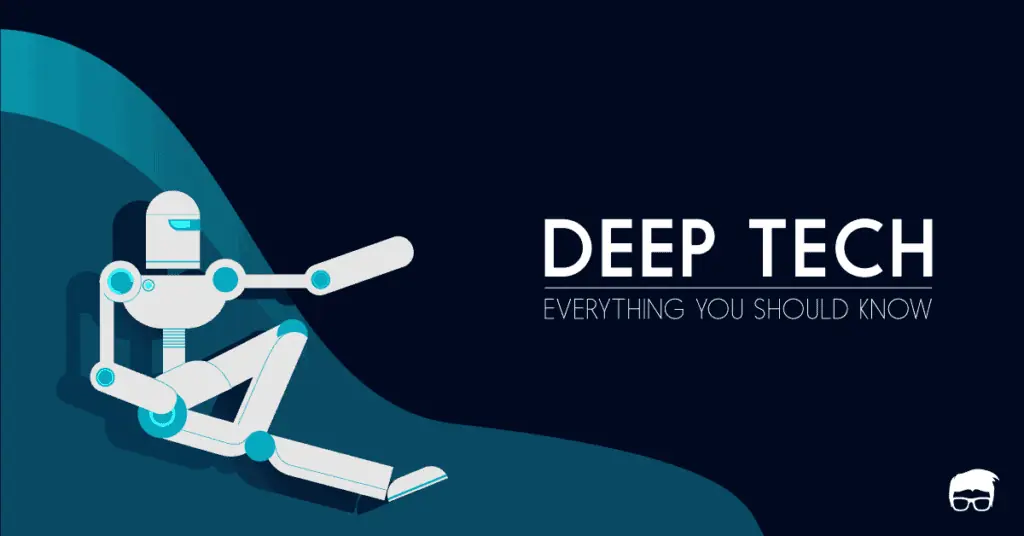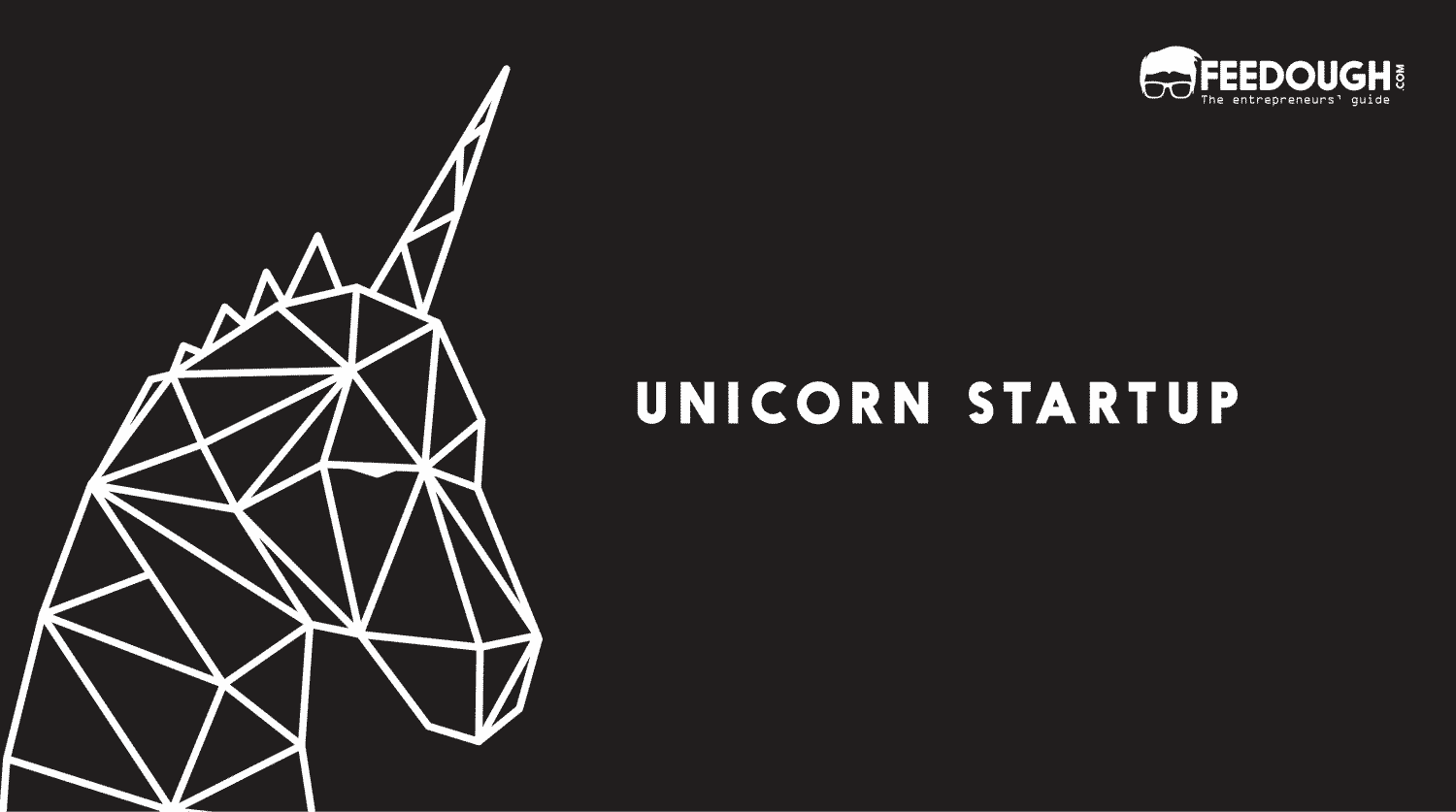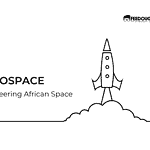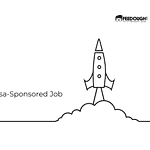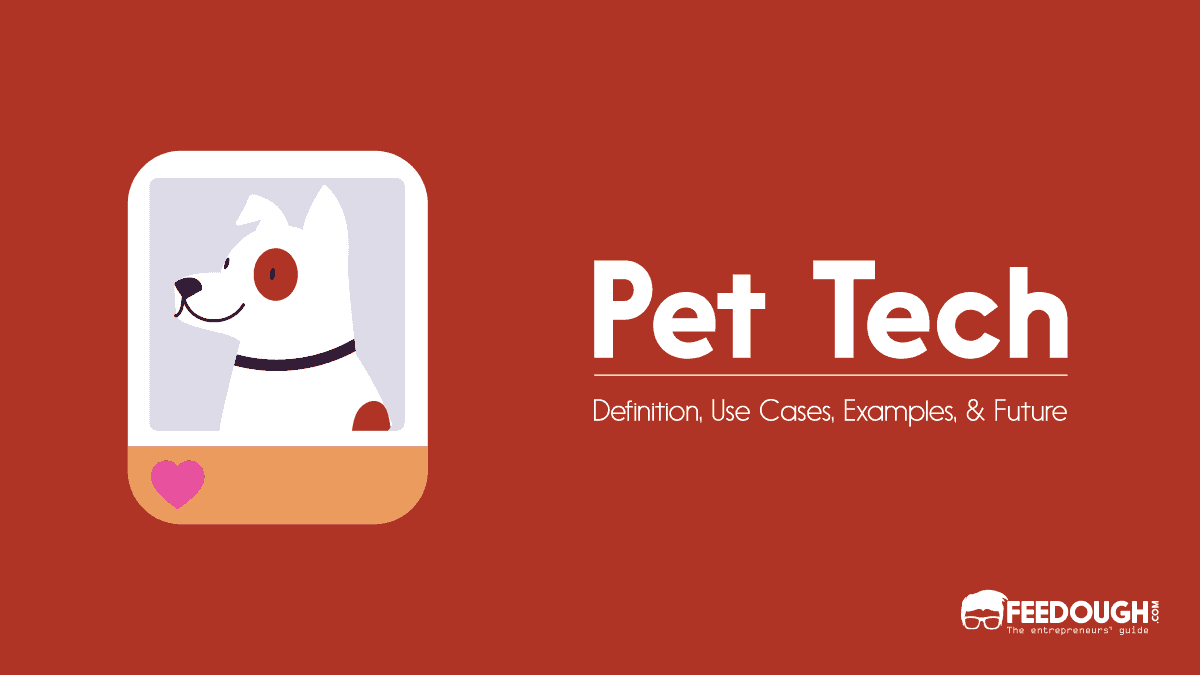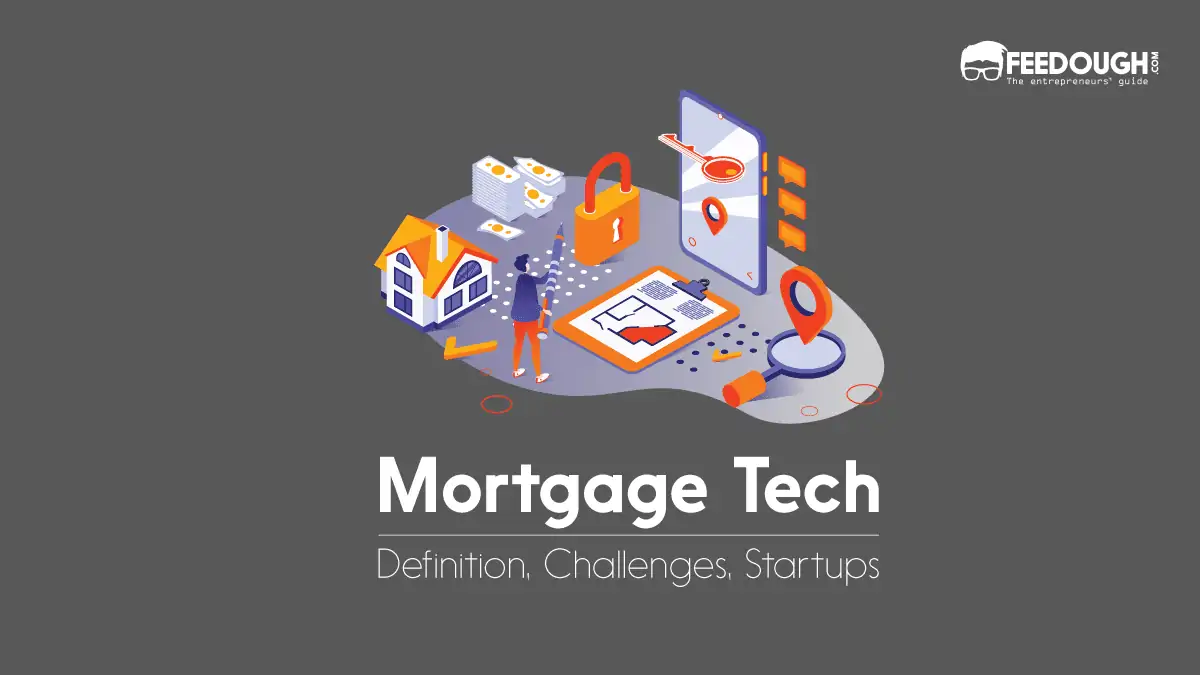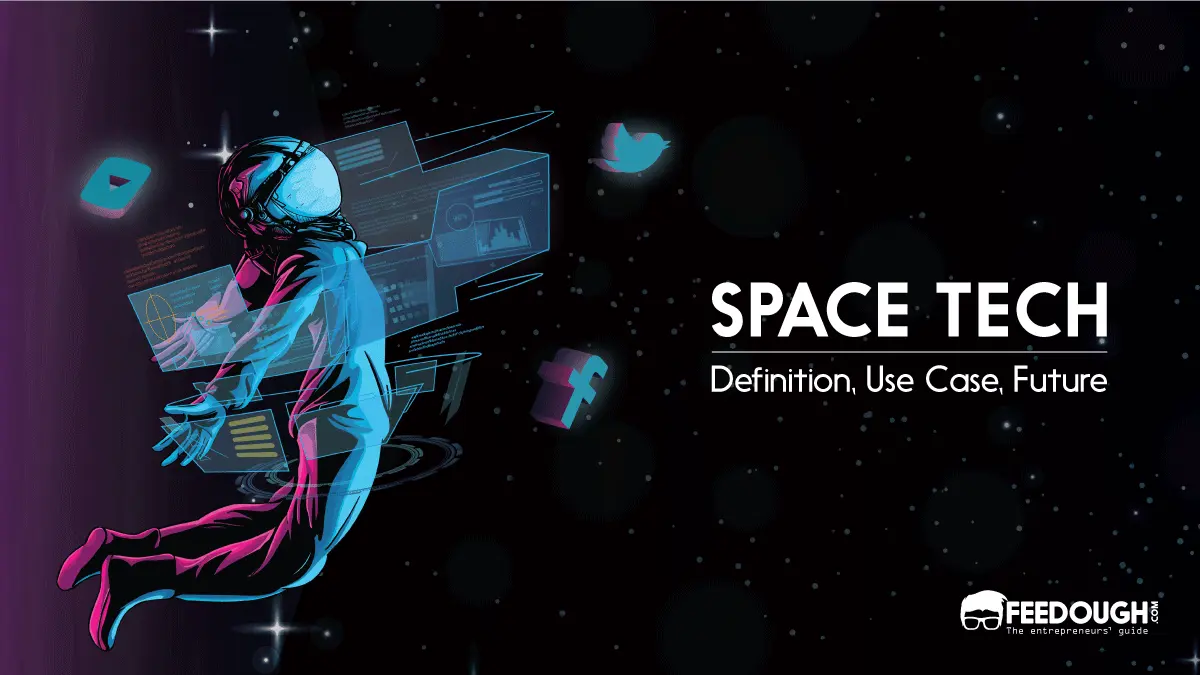Technology is ever-evolving. Scientific discoveries and engineering are disrupting almost every industry we know. A decade ago, we didn’t even know how to classify a startup developing an AI technology to cure a deadly disease. Similarly, biotech, cryptocurrency was just something that can’t be classified into an umbrella industry.
But now we do have an industry for them.
Welcome, deep tech.
What Is Deep Tech?
Deep tech or deep technology refers to a class of startup businesses that develop new offerings based on tangible engineering innovation or scientific discoveries and advances.
Usually, such startups operate on, but are not limited to, agriculture, life sciences, chemistry, aerospace and green energy.
Deep tech startups have the following characteristics –
- Impact: The deep tech innovations are very radical and disrupt an existing market or develop a new one. The innovations based on deep tech often change lives, economies, and societies.
- Time & Scale: The time required for deep technology to develop the technology and reach the market-ready maturity is way more than shallow technology development (like mobile apps and websites). It took decades for artificial intelligence to develop and it is still not perfect.
- Capital: Deep tech often requires a lot of early-stage funding for research and development, prototyping, validating hypothesis, and technology development.
Deep Tech Use Cases
According to a study by BCG and Hello Tomorrow, there are seven most promising fields of deep tech that are relevant today. These are –
Advanced Materials
These are new or modifications of existing synthetic or biobased materials that yield superior performance. Often times, new materials are developed using two or more existing materials that differ significantly from one another, but when combined, result in a material with its own characteristics (like fibreglass), called a composite material. Example of such advanced materials are –
- Photovoltaic films
- Biodegradable plastic
Artificial Intelligence
AI refers to the simulation of human-like intelligence in machines that are programmed to think like humans and perform tasks that used to be the exclusive purview of humans. The launch of voice assistants, medical imagery analysis, big data analytics, etc. are a sure-shot sign that machines can be developed to do any task that a human can do.
Biotechnology
Biotechnology involves developing valuable products by exploiting existing biological processes or by developing new ones. Genetic manipulation of microorganisms for the production of antibiotics and vaccines, genetically modified seeds that are more resistant to climate change and pests, etc. are some examples of how biotechnology is disrupting the current system.
Blockchain
Blockchain is a growing list of records called blocks that stores a history of transactions in a secure and transparent way. The users of the blockchain can track the history and add to the blockchain but can’t modify the existing blocks.
It is, in fact, an open distributed ledger that can record transactions between two parties efficiently and in a verifiable and permanent way.
This deep technology ends the need for intermediaries that act as a central, trusted authority but fail to do be transparent. Since the chain is transparent and can’t be altered, it initially disrupted how the financial sector worked before and moved on to disrupting other sectors like healthcare, entertainment, etc.
Robotics & Drones
Robotics is the intersection of science, engineering and technology producing machines called robots to perform tasks in an automated fashion. Usually, deep tech is used to develop robots to get the work done in industries where the working environment is dangerous or hazardous for humans.
The new technology makes use of human senses in robots to develop more self-sufficient artificially intelligent robots that permit mobility and decision making in an unistructural environment to help humans complete tasks in even a better way.
Drones are a subclass of robots that can fly and are usually more mobile. These robots are often used to transport goods, map territory, or for surveillance purpose.
Photonics & Electronics
Photonics is a discipline of science focused on generating and harnessing the properties of photons (particles of light). It involves the use of lasers, optics, fibre-optics, and electro-optical devices in numerous fields of technology like alternate energy, manufacturing, telecommunication, security, etc.
Electronics, on the other hand, harness the power of electrons. Electrons are harnessed to produce energy in the form of electricity.
Often photons and electrons are used in combination to develop new deep tech.
Quantum Computing
Quantum computing refers to leverage the unique properties of matter at nanoscale to solve computational problems, such as integer factorization substantially faster than classical computers.
Several quantum computing models exist today, like –
- Quantum Circuit Model,
- Quantum Turing Machine,
- Adiabatic Quantum Computer,
- One-Way Quantum Computer, And
- Various Quantum Cellular Automata.
Among these, the quantum circuit is the most widely used model. Unlike classical computing, the quantum circuit is built on qubits that can be overlays of zeros and ones (part zero and part one at the same time). Moreover, such qubits don’t exist in isolation but become entangled and act as a group. These two properties help achieve an exponentially higher information density than classical computers.
Deep Tech Company Examples
There are tens of thousands of startups working on deep technology to bring in the solutions humans only dreamt of. Here are some deep-tech examples to highlight some pioneers –
Biogenera SpA
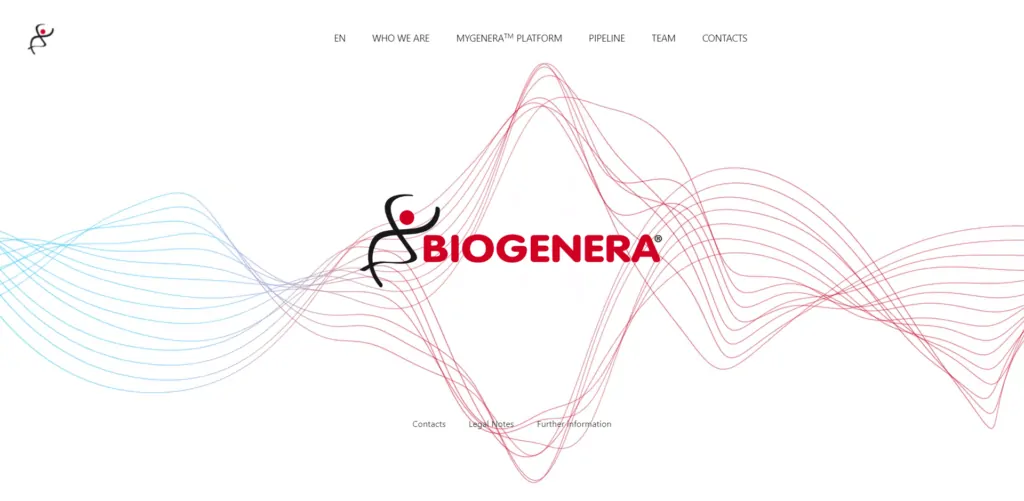
Biogenera SpA is a company operating in the biotechnology powered pharmaceutical sector, specialising in research and development of new DNA-based medicines for the treatment of serious pathologies such as tumours.
Ribes Tech
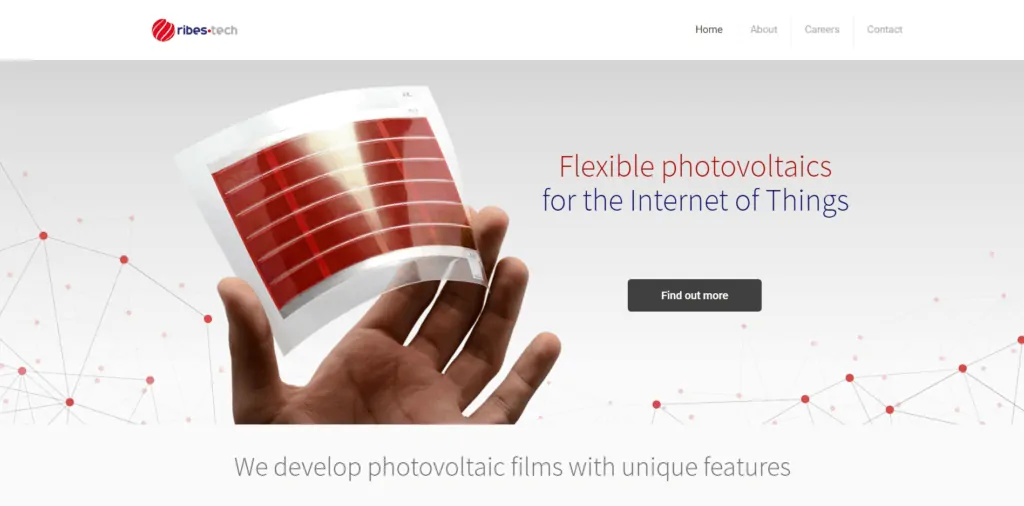
The company invented an ultra-thin and flexible photovoltaic panel that turns sunlight into energy with ease and greater efficiency. The properties of being ultra-thin and flexible increases the use cases of the photovoltaic panel that can be used on anything from roads, cars, building walls, or handheld devices.
Lexplore
Lexplore uses AI for rapid reading assessment. The technology is powered by AI and eye tracking which, in just 3 minutes, give a clear view of a student’s reading level and even provides recommendations for instructions.
Future Of Deep Tech
Statistically speaking, deep tech is the future itself. It’s spreading its wings faster than a forest fire. Today, deep tech has a profound impact on almost all the important segments of the economy like the automotive industry, robotics, smart homes, smart cities, healthcare, fintech, agritech, edtech, energy efficiency.
Almost every facet of the modern society looks ripe for disruption by deep tech.
According to BCG, deep tech startups attract greater funding than other types of tech companies in the past five years.
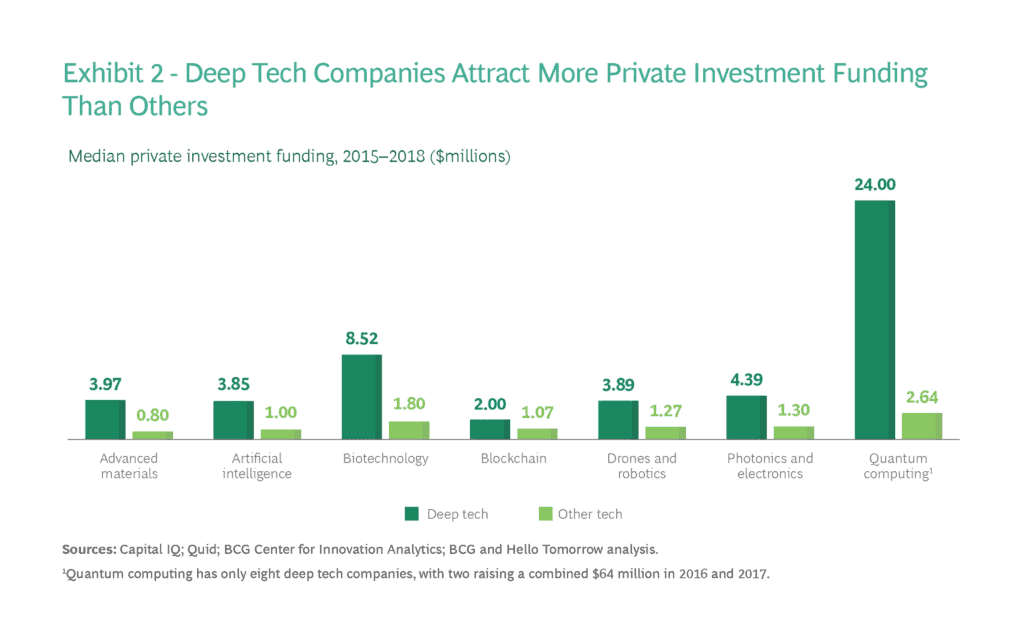
Many other research studies prove that deep tech is something that’s here to stay and disrupt for another century.
Go On, Tell Us What You Think!
Did we miss something? Come on! Tell us what you think about our article on deep tech in the comments section.
A startup consultant, digital marketer, traveller, and philomath. Aashish has worked with over 20 startups and successfully helped them ideate, raise money, and succeed. When not working, he can be found hiking, camping, and stargazing.
